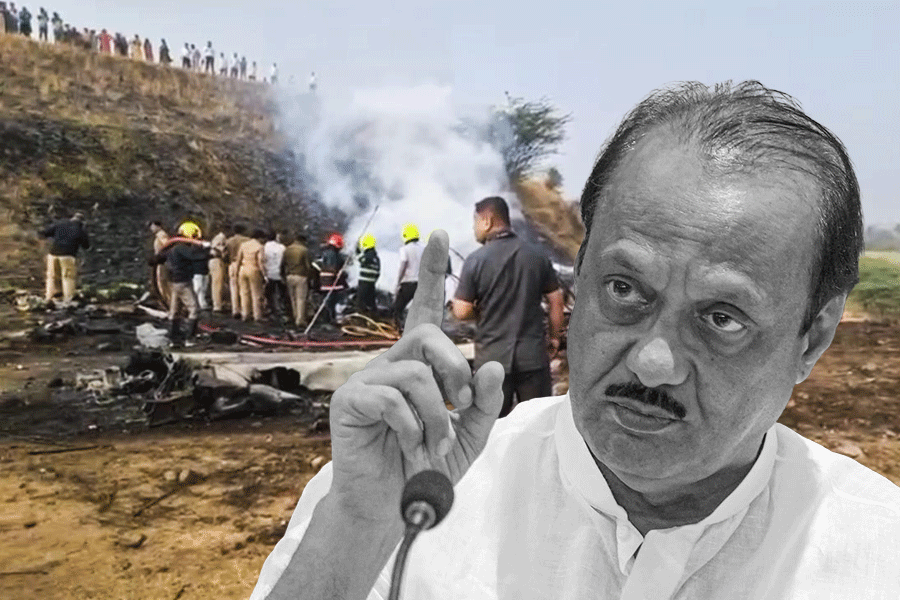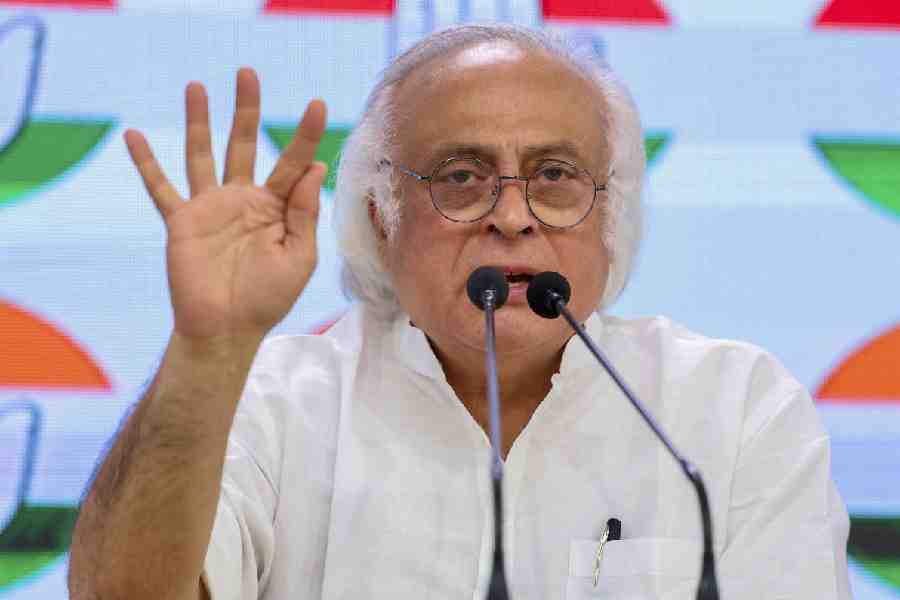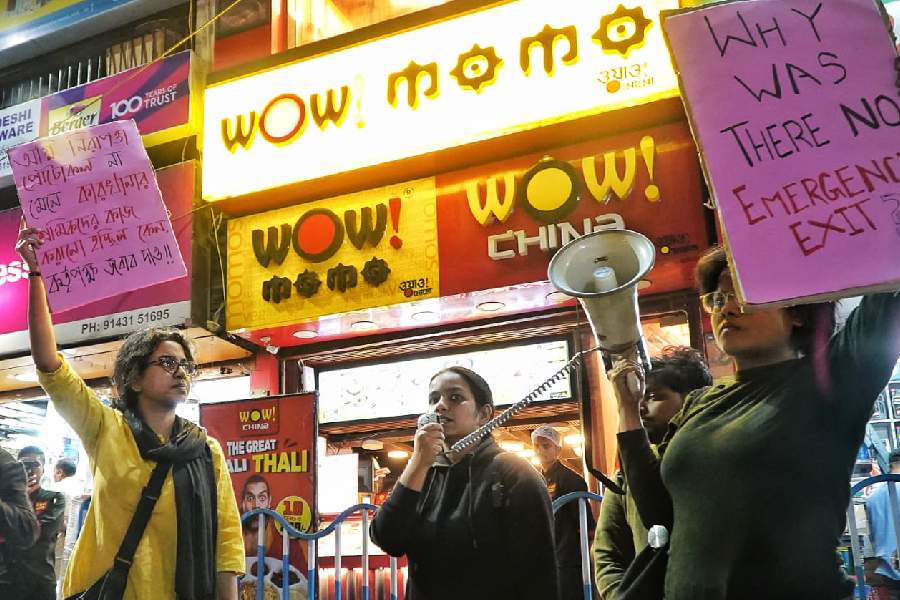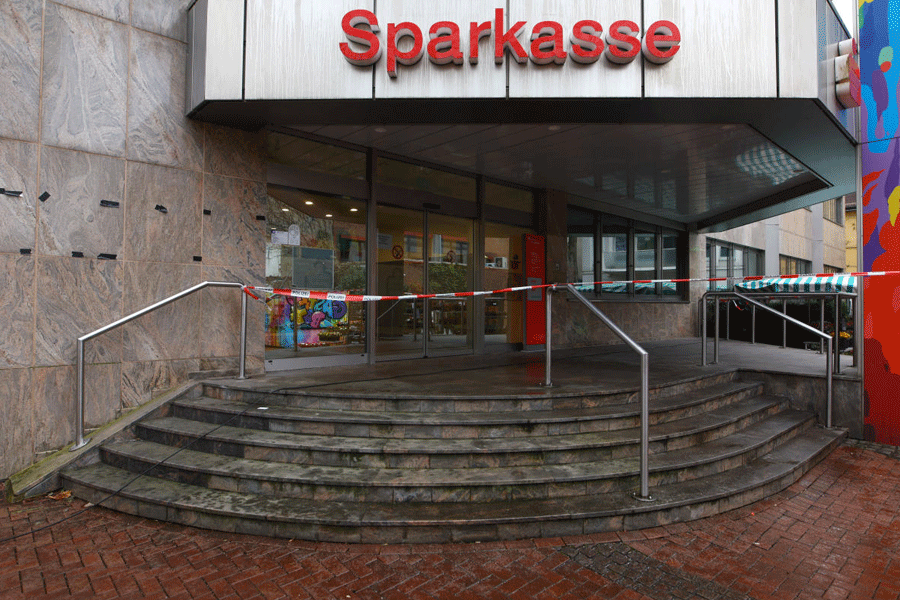Government blood banks that do not remain open round-the-clock, where costly machines rot from disuse, where peons man the counters and outdated testing facilities are followed.
When Mukesh Kumar Hissariya, a businessman and activist who arranges blood donation camps, walked in at chief minister Nitish Kumar's Lok Samvad (public interaction) programme to demand a 3,000-square-foot space to open a blood bank, out tumbled such shocking realities about state-run blood banks.
'Only one private hospital in the state has the machine that could just take out platelets from a blood donor. One such machine that was bought by the Patna Medical College and Hospital (PMCH) is rusting due to non-use,' Mukesh said.
'Blood banks in metros have testing systems that could detect HIV and other viruses that are present in the donor just for three to four days, but blood banks in our state follow old, outdated tests.'
He revealed that people in need of rare blood groups like A-, B-, AB- and AB+ are harassed at blood banks, which ask them to provide two units of blood for one unit of the rare blood group.
Hissariya, who has been felicitated on Kaun Banega Crorepati and other programmes, pointed out that the availability of different types of bloods at blood banks is never updated on the website of Bihar State AIDS Control Society (BSACS).
And in such a scenario, private blood banks trap rural folk.
The chief minister took serious note of Hissariya's revelations. He started querying his officials, especially health department principal secretary R.K. Mahajan, who admitted that he was not aware that the BSACS website was not being updated on availability of blood.
There are 39 government-run blood banks, while six more are being established in the districts.
Private hospitals manage 36 blood banks.
'Review the operations of blood banks in the state and invite Mukesh also to the meeting,' Nitish instructed Mahajan.
At the Samvad, Patna High Court employee Sheikh Arshad Imam sought proper movement and toilet facilities in government offices for differently abled persons.
Arshad, who is differently abled, sought government subsidy on specialised scooters for people like him and pointed out that even the Lok Samvad building inside the chief minister's official 1 Aney Marg residence did not have railings along the steps to help people who need props to walk or move.
Nitish pointed out that though railings could not be provided at all the places, he has already instructed the building construction department to ensure that proper facilities are incorporated in government buildings for differently abled persons.
Larisha Lal from Patna pointed out that though the government has fixed the fee limit for two-year BEd course in private colleges at Rs 1.05 lakh, government universities are charging Rs 1.61 lakh for similar courses.
Also, Patna Women's College and St Xavier's College of Education charge 1.6 lakh as course fees.
Nitish asked Mahajan, who is also the education department principal secretary, to make the government limit equal to the limit in private colleges.
The official said that he will speak to Raj Bhavan to address the issue.
Arun Kumar Ojha from Buxar pitched for incorporating teaching of moral science in educational institutions.
This, he said, would ensure students inculcate respect towards elders and women.
Sunil Kumar from Darbhanga and Aniket Kumar Raj from Muzaffarpur also presented their suggestions.











